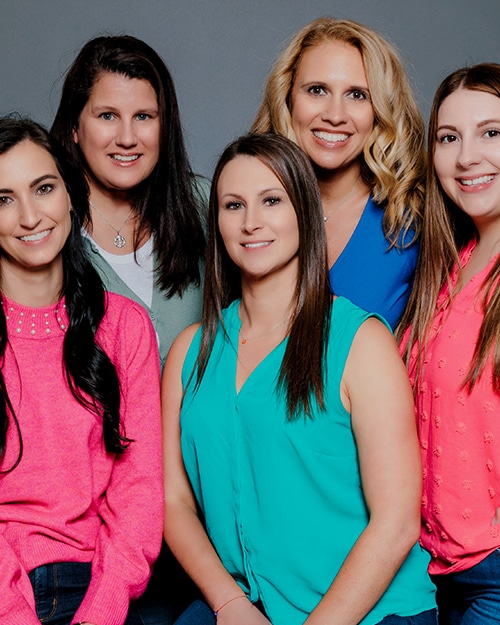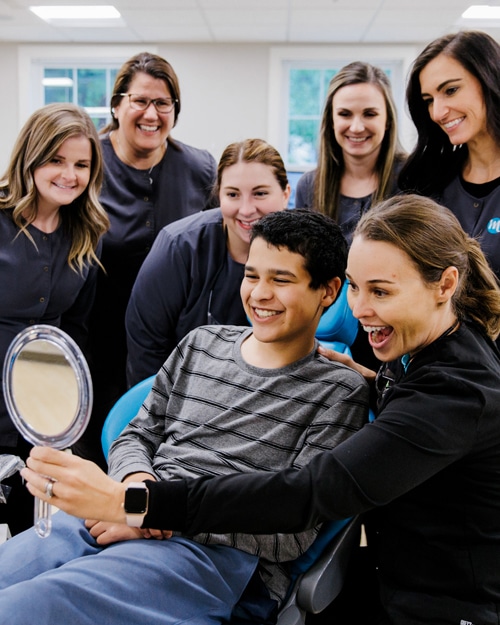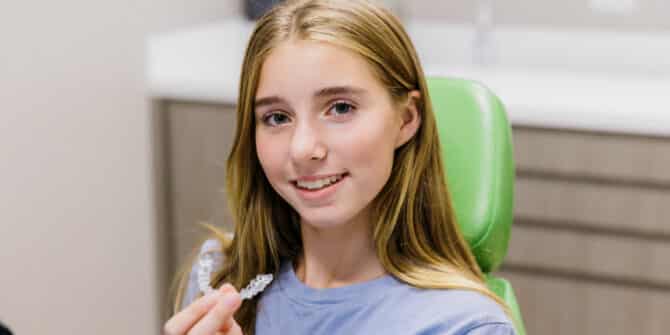 Our Mindfulness Speaker Event was a huge success! We are so excited to have our community talking about mindful parenting and teaching these techniques to our children. We are honored to have a guest blog this week from a mom who attended our session. We would like to acknowledge Carrie Miller for her fabulous blog and her efforts to uplift and empower our community!
Our Mindfulness Speaker Event was a huge success! We are so excited to have our community talking about mindful parenting and teaching these techniques to our children. We are honored to have a guest blog this week from a mom who attended our session. We would like to acknowledge Carrie Miller for her fabulous blog and her efforts to uplift and empower our community!
I was recently invited to attend a workshop on mindfulness. I was not very familiar with the term but a friend told me that her children were being taught the practice of mindfulness in their classrooms as a tool for coping with stress, anxiety and an inability to focus.
I did a quick google search of the term before going to the meeting and saw that the practice itself is rooted in Buddhism. As a Christian, my radar always goes up just a little bit, whenever something is classified contrary to my core beliefs, but I still wanted to go to the meeting with an open mind and hear more about this technique.
And I’m so glad I went! While I do note below my takeaways from a faith perspective*, what I really want to share is how fascinating I found the practice to be specifically as it relates to the science of the brain. It was very affirming to learn how important and practical mindfulness is for our brain development. While I am sure I will not do justice to the message she shared, I’m going to attempt to hit the high points.
As I listened to her introduce the basics of the practice, I immediately thought about yoga. In the same way that yoga has great health benefits to our entire body and especially our nervous system, based largely by focusing on the breath, mindfulness has specific benefits to our brain.
By definition, mindfulness is the psychological process of bringing one’s attention to the internal and external experiences occurring in the present moment. Studies show mindfulness-based interventions are effective in the reduction of stress and anxiety, an inability to focus, depression and a myriad of other clinical brain disorders.

This brain hand model was shared, describing how in the last 30 years, our brains have started to develop differently. Based largely on the introduction of technology and the need to multi-task in almost every area of our life, we have created a need for constant stimulation. The affect is an overdeveloped primitive area of our brain, leaving us with the other crucial parts of our brain (dealing with emotions, critical thinking, executive functioning, decision making) underused and unable to perform.
By practicing mindfulness, we force the hippocampus (emotions and reasoning) and pre-frontal cortex (executive functioning, critical thinking, etc…) parts of the brain to work, growing in strength and getting back to a place where they can be used when needed (i.e. ALL.THE.TIME!!!) Whether you count your breath, anchor your breath or focus your attention very specifically on a habit, a moment or a sensation, all of these forms of mindfulness build strength in these areas of the brain.
Because I’m still sometimes a bit of a skeptic, I really found the science of mindfulness to be so fascinating and helpful. I sat there thinking about not only myself, but each of my four children, and how this practice could be so helpful to their little iPad-overused brains! By creating a focused awareness of his feelings throughout the day, my four year old might better be able to handle his impulsivity. My twins could benefit with their struggle to focus and my oldest could better handle some of her bouts of anxiety.
Technology will continue to advance and the pressure will continue to mount on our children as they grow up in this very digital world. If I can give them a tool to help develop their brain in a way that can handle this and give them an ability not only to function but to thrive in this environment, I really see it as a gift. And a necessary part of parenting.
What are your thoughts?
__________________
*My takeaway from this workshop and my subsequent research is actually that mindfulness is not at all contrary to my core beliefs, but can be an integral part of my Christian walk. For centuries, Christians have used meditation and contemplative prayer to grow closer to God. If you are unsure how you feel about this practice, pray and do your own research. I found a few articles (here and here) that confirmed how I was feeling in my own heart but this is obviously a very personal decision based on your own walk.






